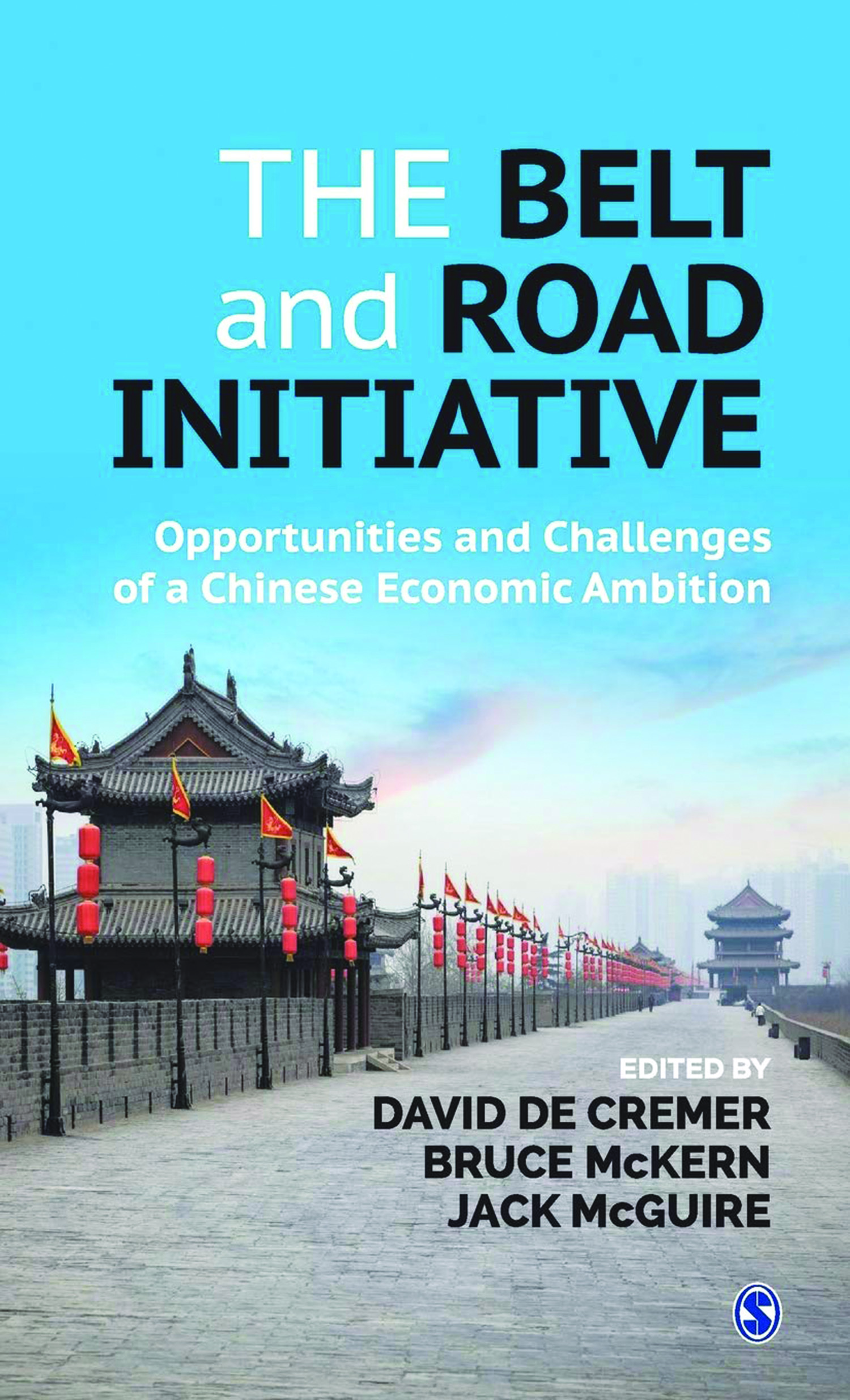Edited volumes are usually difficult to pull off—even when the editors have a clear set of questions outlined and terms defined, contributors might not follow the memo. The final output might look quite different from the planned outcome. But that is still fine as long as there is an effort by the editors to draw the various strands into a coherent whole and an argument or two. Editors also need to be able to take the axe to contributions if need be.
Unfortunately, neither of the two tasks have been carried out well by the editors in the case of the book under review and this matters also because its central theme, China’s Belt and Road Initiative (BRI), is a particularly fraught subject in international politics.
The introduction by the editors of this volume is much too short and full of broad and inaccurate generalizations. The BRI might be ‘a revival of an old idea’ (p. 4) but the way the ancient Silk Roads have since been appropriated as something of an exclusively Chinese idea or one in which trade and ideas only flowed from China is a complete falsification of history. The editors also lament that views of the BRI are ‘often driven by political viewpoint’ (sic, p. 5). But what exactly is the problem with this? Indeed, to consider the BRI as an apolitical enterprise that does not embody the political goals of the Communist Party of China (CPC) and of its General Secretary Xi Jinping, is naïve in the extreme and wilful blindness to the evidence available in both the speeches and actions of the Chinese.

